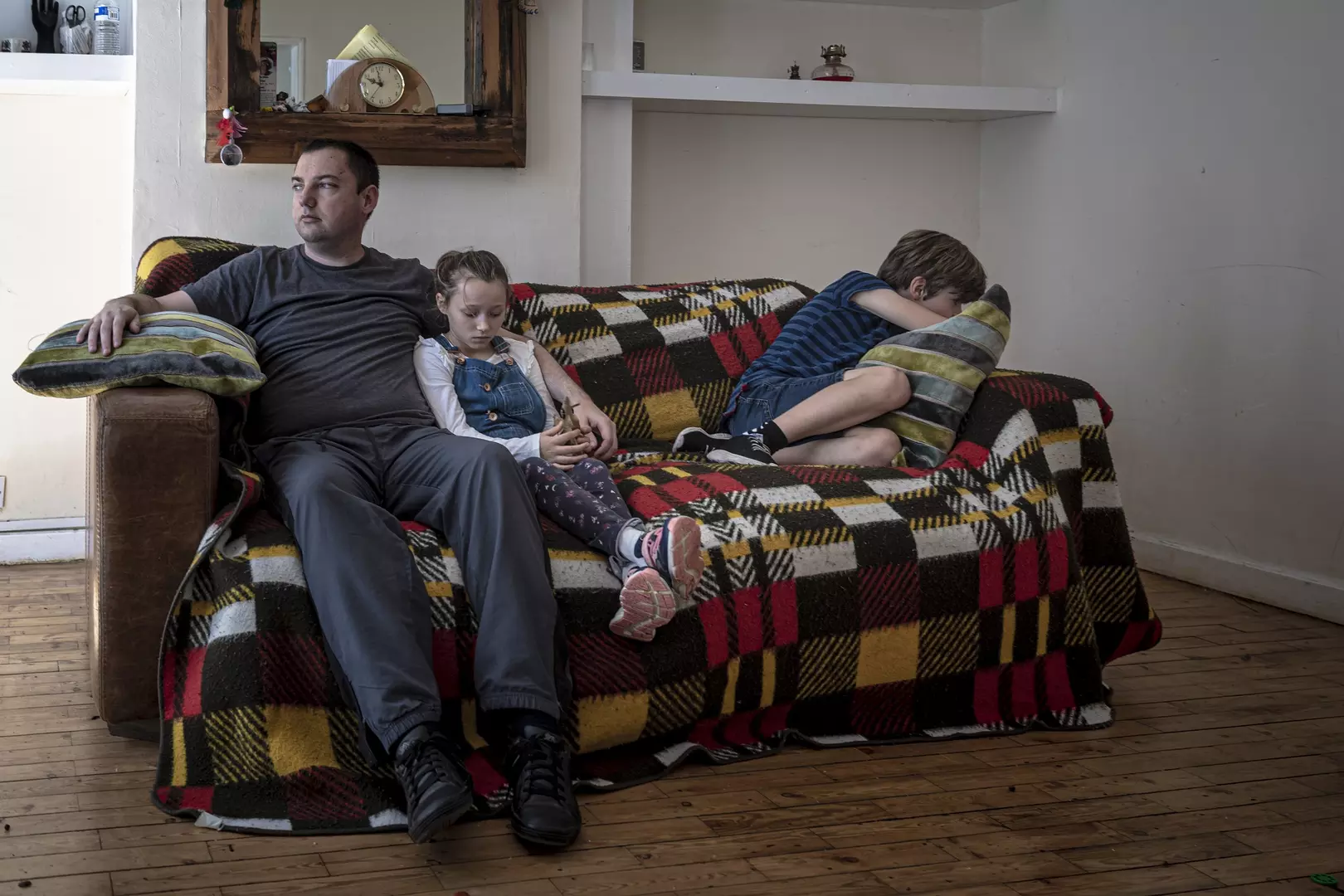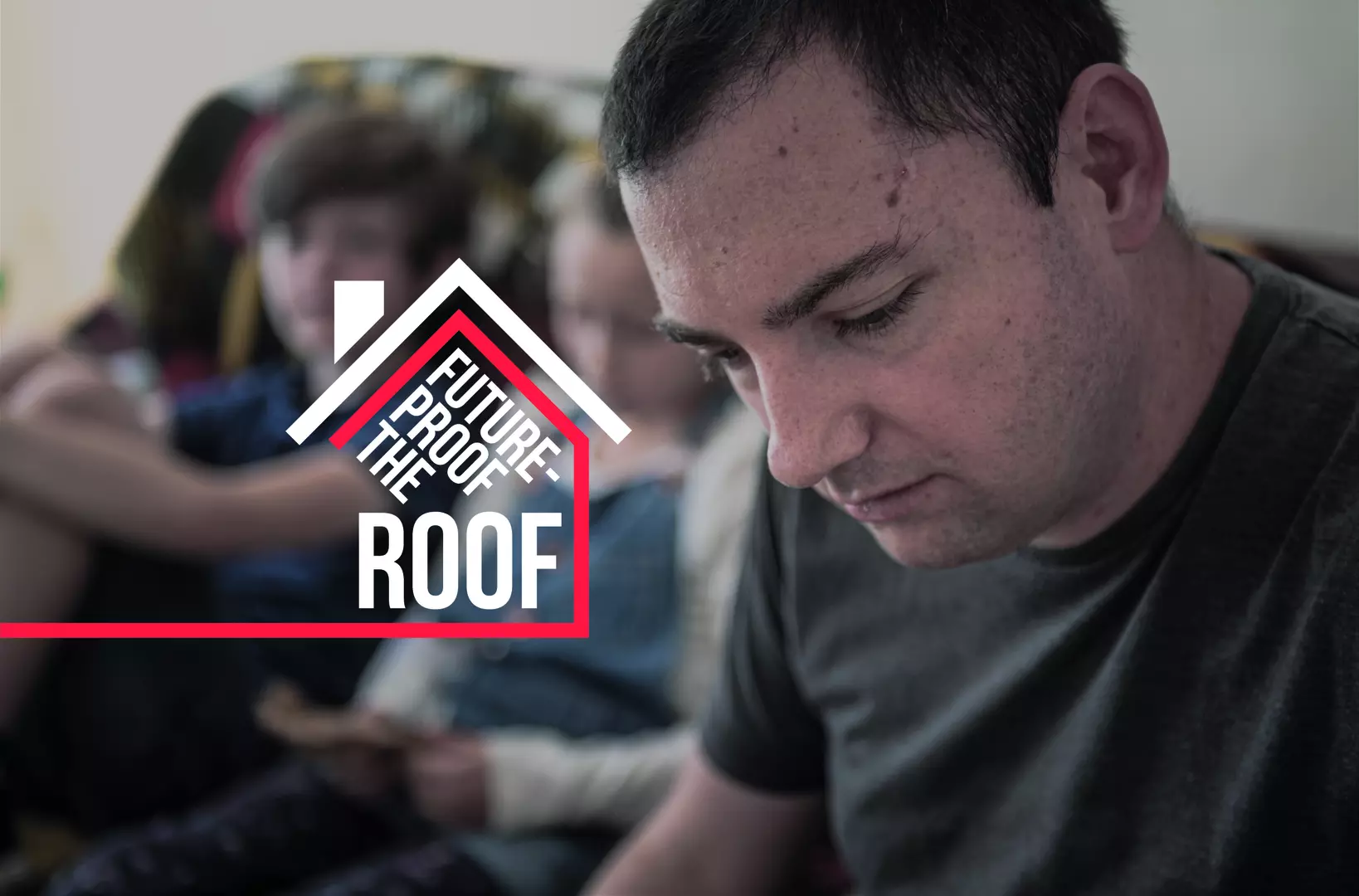Future-proof the Roof
A new approach to investment in the homelessness and rough sleeping system
Homelessness costs. It has a human cost to people’s health and well-being, as well as an economic cost to communities.
Our recently published report 'Future-Proof the Roof' shows how we tackle these costs by investing in measures to future-proof the systems which can prevent people from losing their home and sleeping rough for many years to come.
Key issues
Post pandemic shockwaves could lead to government, local authorities and the NHS to face the rapidly increasing human, economic, and social costs of homelessness and rough sleeping.
What:
- Lack of government commitment to replace short-term thinking and chronic underinvestment over past decades with a new sustainable, long-term approach to investment in homelessness and rough sleeping.
- Massive underestimation of the true scale of rough sleeping. A recent snapshot survey conducted by local authorities in April 2020 estimated that 6000 people were rough sleeping at the outbreak of the pandemic - over 40% more than was recorded in the 2019 official rough sleeping count.
Who:
- More people are newly vulnerable to homelessness through post pandemic unemployment and the end of temporary safeguards including furlough payments and the temporary ban on evictions.
- More than a quarter of the recorded rough sleepers in the country are non-UK nationals, who require different interventions to get them off the streets. The legal limits on the housing, benefits and related support available to people, depending on their immigration status or nationality, means that currently ending rough sleeping is an impossible task.
Where:
- Homelessness problems are not evenly distributed across the country, with urban councils having to deal with most of the issue. Roughly 80% of the UK population live in urban councils. These councils are home to 83% of the UK households who are owed a homelessness prevention or relief duty and 96% of all households in temporary accommodation.
Even when London is taken out of the equation, urban councils host 78% of the population but 88% of the households in temporary accommodation.
Providing a solution: ‘Future Proof the Roof’
To ensure that people are kept safely off of the streets, we believe that the Government can take a series of simple steps, including:
- Improve data collection on the level and types of rough sleeping especially in the worst affected urban areas
- Maintain or increase the level of investment in 2020/21 (£650m) across every year of the current parliament and introduce the simple fiscal rule that if rough sleeping numbers remain steady or increase, central government funding cannot decrease from the previous year’s expenditure
- Introduce new and innovative measures to increase accommodation options for people with experience of rough sleeping
- Address the present restrictions for EEA nationals and those with No Recourse to Public Funds

